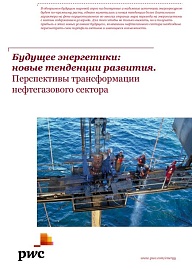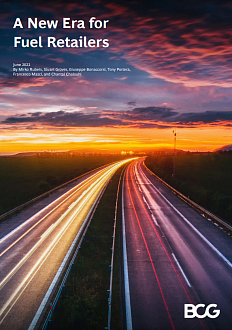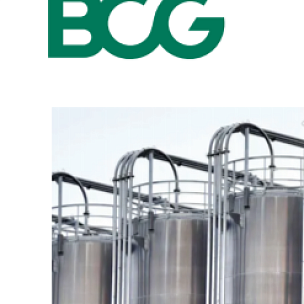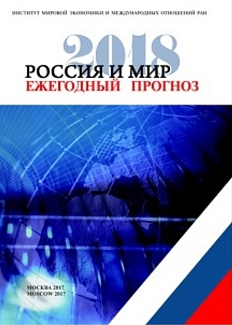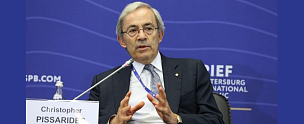In this report, PricewaterhouseCoopers (PwC) experts highlight four perspectives on the future of the oil and gas sector. The perspectives show how dynamics in the oil and gas sector may evolve over the next five to fifteen years by reviewing potential disruptors to the sector. Megatrends and disruptors impacting markets and businesses are increasingly testing the sectors ability to plan for the future, forcing companies to reconsider their portfolios and diversify risks.
In developing the four possible perspectives on the future, PwC experts explore five megatrends and the collision between them:
- Technology breakthroughs and innovation leading to efficiency improvements and the deployment of low carbon solutions such as the electrification of the car fleet.
- Climate change and resource scarcity encouraging growth in renewable energy and energy storage solutions.
- Demographic change shifting energy consumption patterns with energy consumers becoming more discerning.
- Shift in economic power impacting the relative balance of demand between current established markets and developing markets.
- Rapid urbanization accelerating the growth of mass mobility solutions.
The authors identify four key drivers (groups of factors) which have the greatest impact on the extent of change in the perspectives on the future. The four drivers are: supply driven factors, demand driven factors, market-led changes, and, finally, government/geopolitical intervention.
.png)
The report is centered round four possible perspectives (scenarios) on the transformation of the oil and gas sector. These possible futures look very different, but each can have some effects on supply, demand and market dynamics. Some aspects of each of the four perspectives represent a significant move away from the current position, while others continue current trends. The first perspective is that the oil and gas sector evolves along current lines, with ongoing price volatility presenting investment challenges. In the second scenario, energy consumers, both retail and commercial, drive the transition to low carbon world and more efficient energy system. In the third perspective, governments stimulate a broad and accelerated green demand environment. Finally, in the fourth scenario, government actions and/or geopolitical events trigger supply constraints.
.png)
The authors admit that in practice, of course, no single perspective is «ring fenced». Nevertheless, by thinking carefully about and expanding upon these different perspectives, companies will be able to evaluate their current strategy and plans, as well as consider the implications for their operating model, partnering strategies, resourcing and technical capabilities.
This publication has been posted in the Roscongress Information and Analytical System on the recommendation of the Roscongress Foundation expert community.


